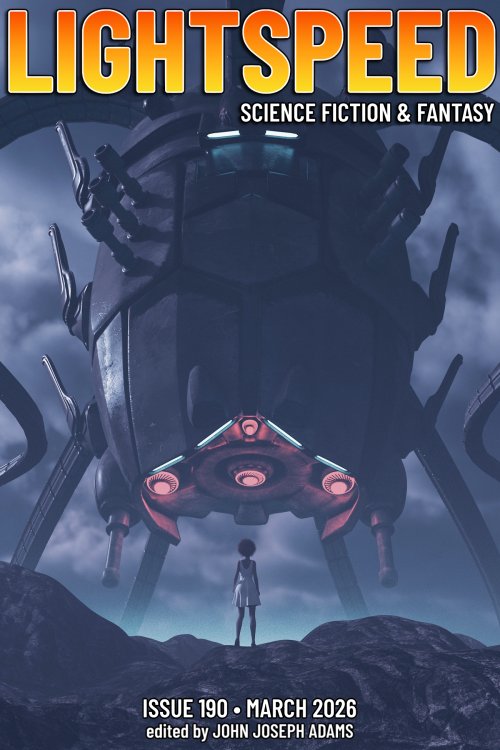Author Spotlight
Author Spotlight: Peter Sursi
Everyone’s coffee ritual is very specific—the same time of day, in that specific cup, with a banana or an oatmeal scone. Everything just fell into place when I started telling the mini-stories within the larger story.









